- Asian operator boosts reserves at oil and gas discovery Upstream Online
- Shehbaz for exploring new oil, gas fields to cut imports Dawn
- New gas reserves discovered in K-P for second consecutive day The Express Tribune
- TAL JV discovers gas in KP’s…
Category: 1. Pakistan
-
Asian operator boosts reserves at oil and gas discovery – Upstream Online
-

I spent over a decade obsessed with the gym. I’ve finally let myself stop
Zahra Khozema taking a gym selfie in Cancun, Mexico, in April 2024. Khozema says her workout regime made her physically powerful but eventually caused some mental health issues. (Zahra Khozema) This is a First Person column by Zahra Khozema, a…
Continue Reading
-
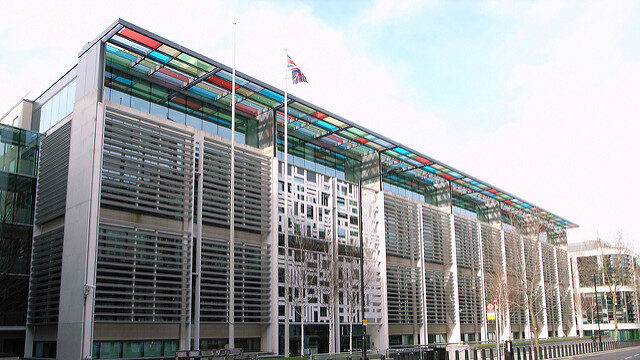
Concerns raised about changes to Home Office’s country evidence on Pakistan for LGBT+ people
The Home Office has published an updated country policy and information note known as a ‘CPIN’ on Pakistan and sexual orientation and gender identity claims. A new version of the note was published in May 2025, replacing the earlier version…
Continue Reading
-
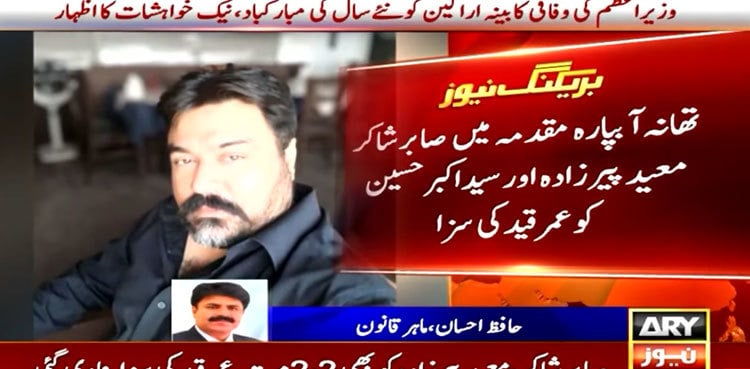
Adil Raja, Moeed Pirzada, others awarded life sentences in May 9 digital terrorism case
ISLAMABAD: In the high-profile digital terrorism case concerning attacks on state institutions on 9 May, the Anti-Terrorism Court (ATC) has handed down multiple life sentences to Adil Raja, Sabir Shakir, Haider Mehdi and…
Continue Reading
-
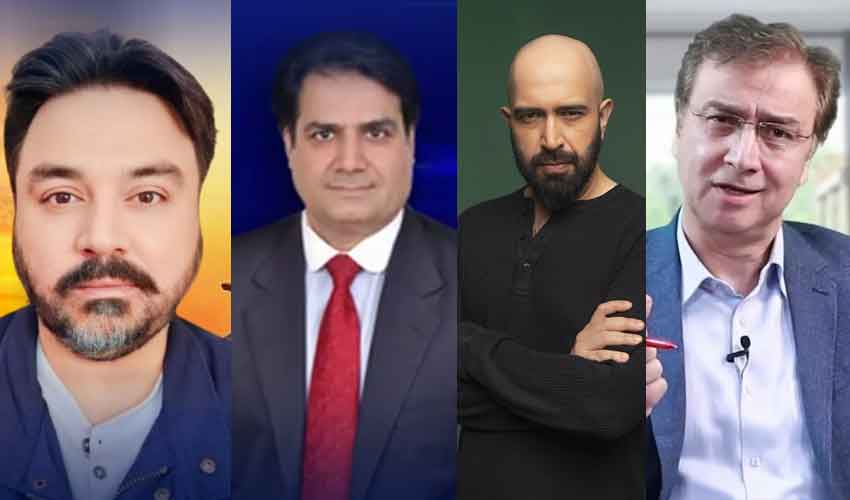
Adil Raja, Sabir Shakir, Moeed Pirzada, Wajahat Saeed sentenced to life imprisonment
In a major verdict linked to the events of May 9, 2023, the Anti-Terrorism Court on Islamabad has handed down multiple life sentences to several accused for digital terrorism against state institutions.
The court…
Continue Reading
-
Islamabad ATC hands double life sentences to YouTuber Adil Raja, 6 others for ‘waging war against Pakistan’ – Dawn
- Islamabad ATC hands double life sentences to YouTuber Adil Raja, 6 others for ‘waging war against Pakistan’ Dawn
- Pakistan court sentences journalists to life over links to protests after Imran Khan’s arrest Reuters
- Adil Raja, six others…
Continue Reading
-
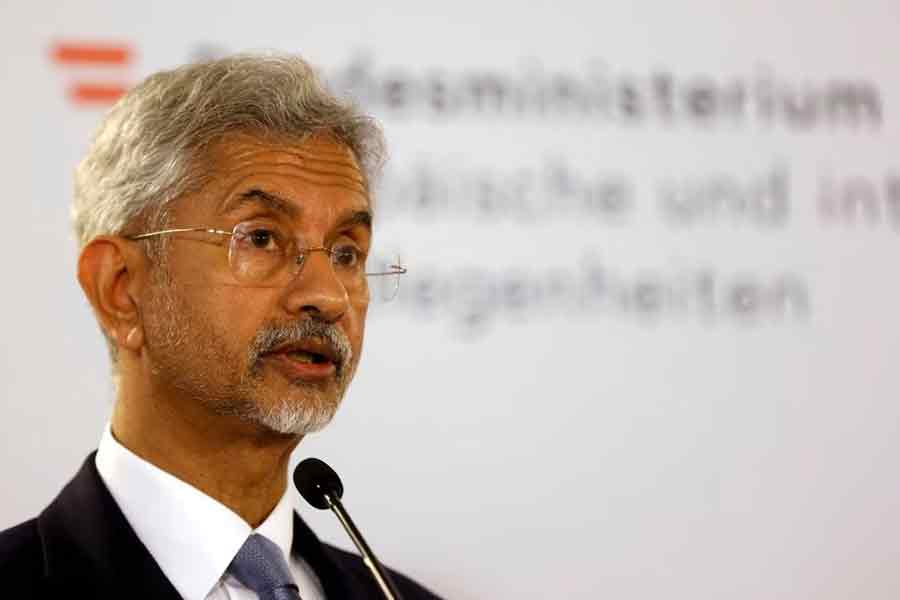
‘Good and Bad Neighbours’: Jaishankar Explains India’s Neighbourhood Policy Amid Bangladesh Unrest
External Affairs Minister S Jaishankar on Friday outlined India’s approach towards its neighbours, drawing a distinction between “good neighbours” and those that pose security challenges. Speaking at an event at IIT Madras,…
Continue Reading
-
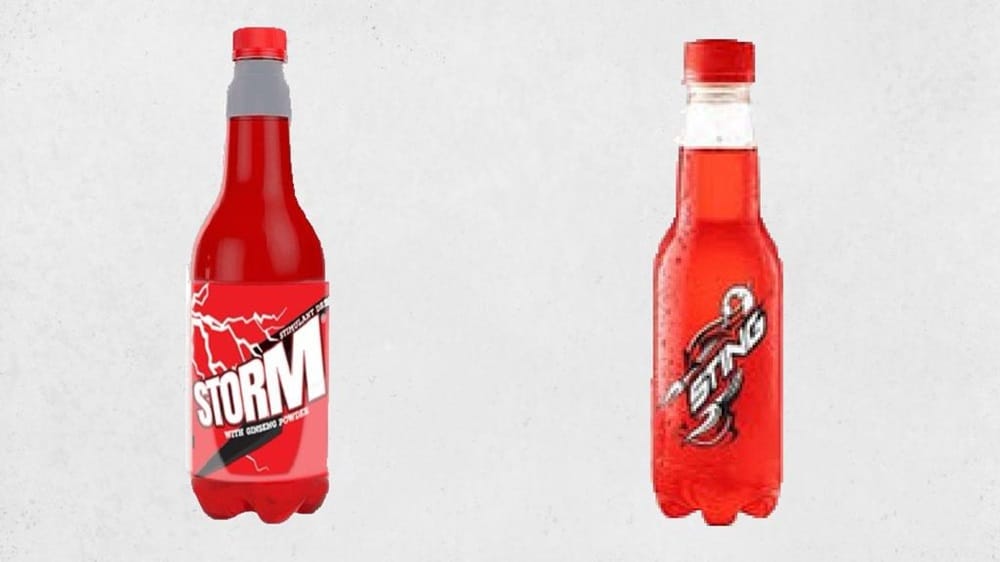
CCP Slaps Rs. 150 Million Fine on Mezan Beverages for Deceptive Marketing of Energy Drink
The Competition Commission of Pakistan (CCP) has imposed a penalty of Rs. 150 million on Mezan Beverages (Private) Limited for deceptive marketing practices, after finding that the company’s “Storm” energy drink closely imitated…
Continue Reading
-
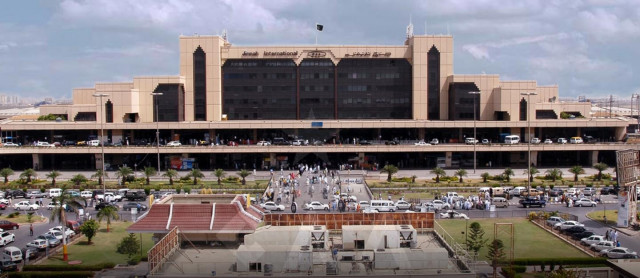
FIA ASI reassigned to administrative post at Karachi airport
An assistant sub-inspector (ASI) of the Federal Investigation Agency’s (FIA) immigration wing has been assigned to an administrative post at Karachi…
Continue Reading
-

Drone Warfare Yesterday, Today and Tomorrow – Part 2
An important lesson for India from the Russia-Ukraine War, as well as its own domestic experience during the recent Pakistan conflict, is the need for indigenisation in drone manufacturing in the face of changing…Continue Reading